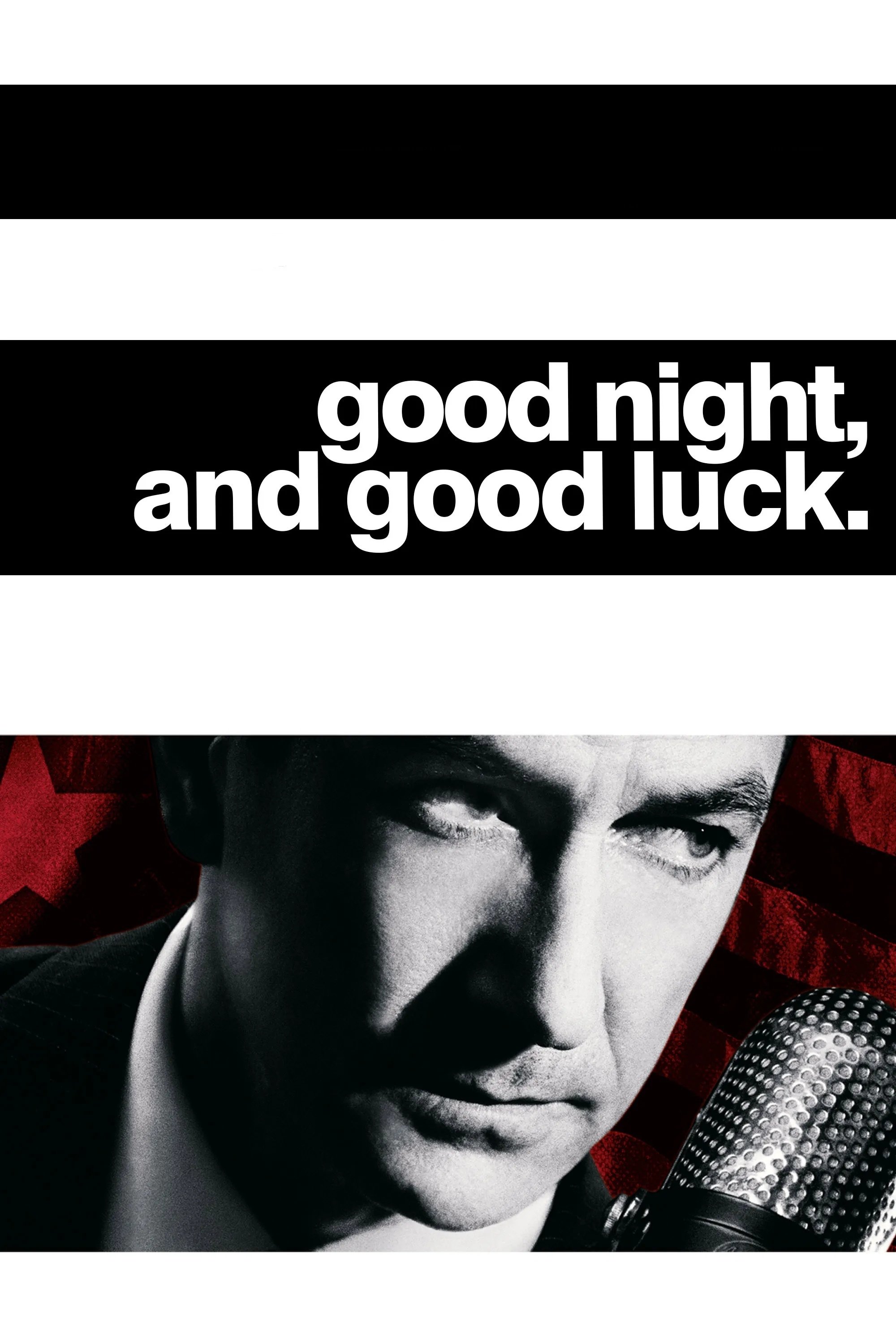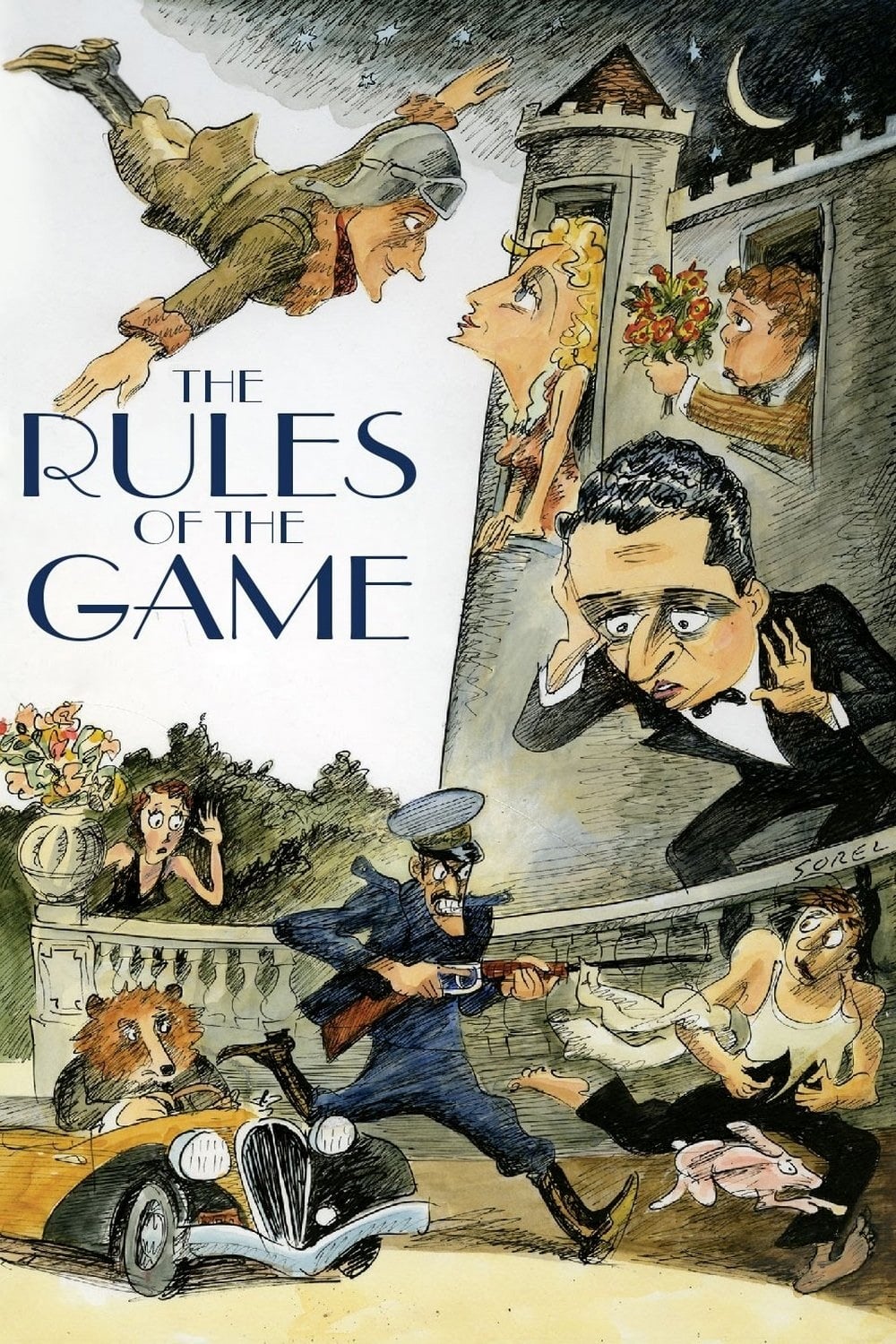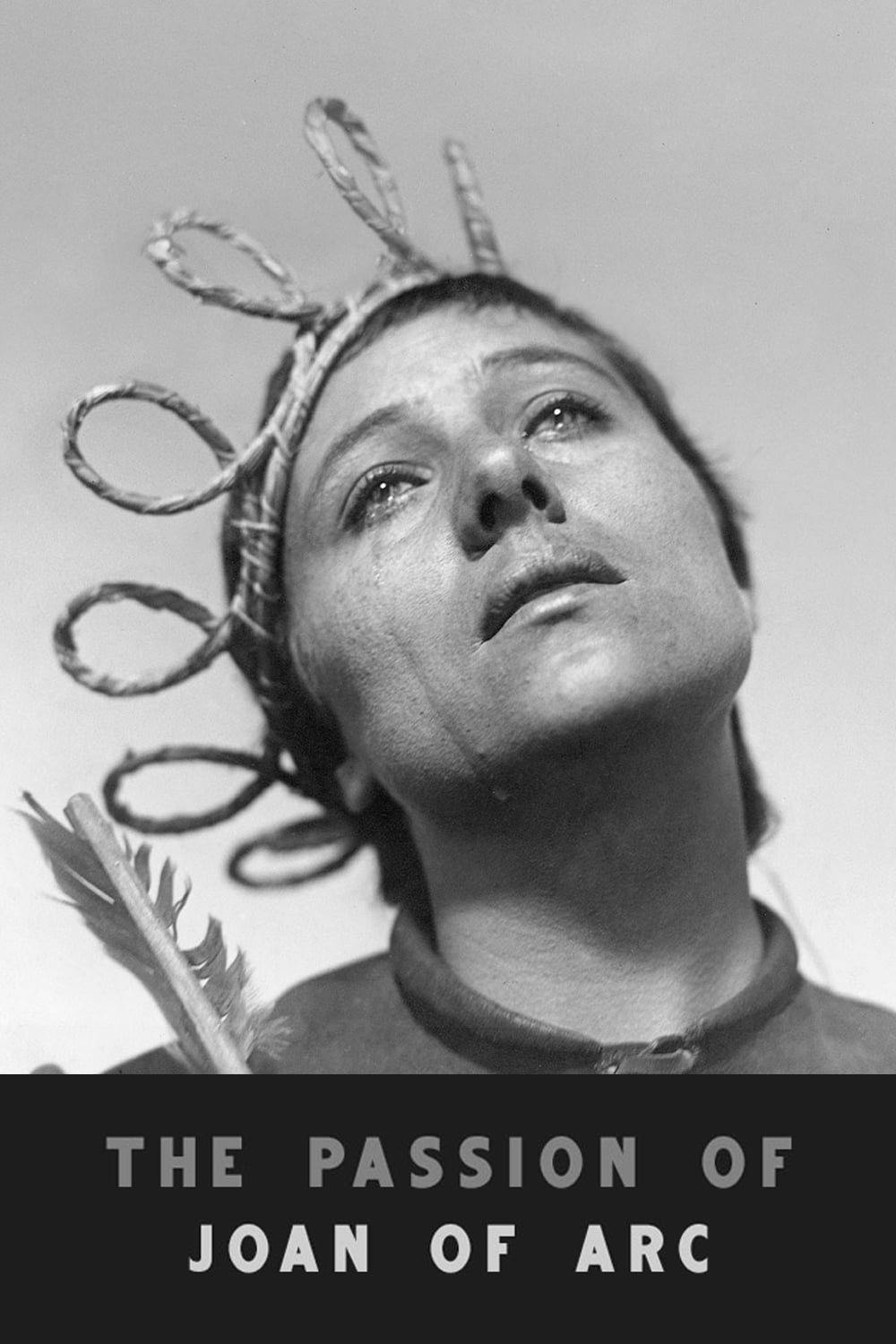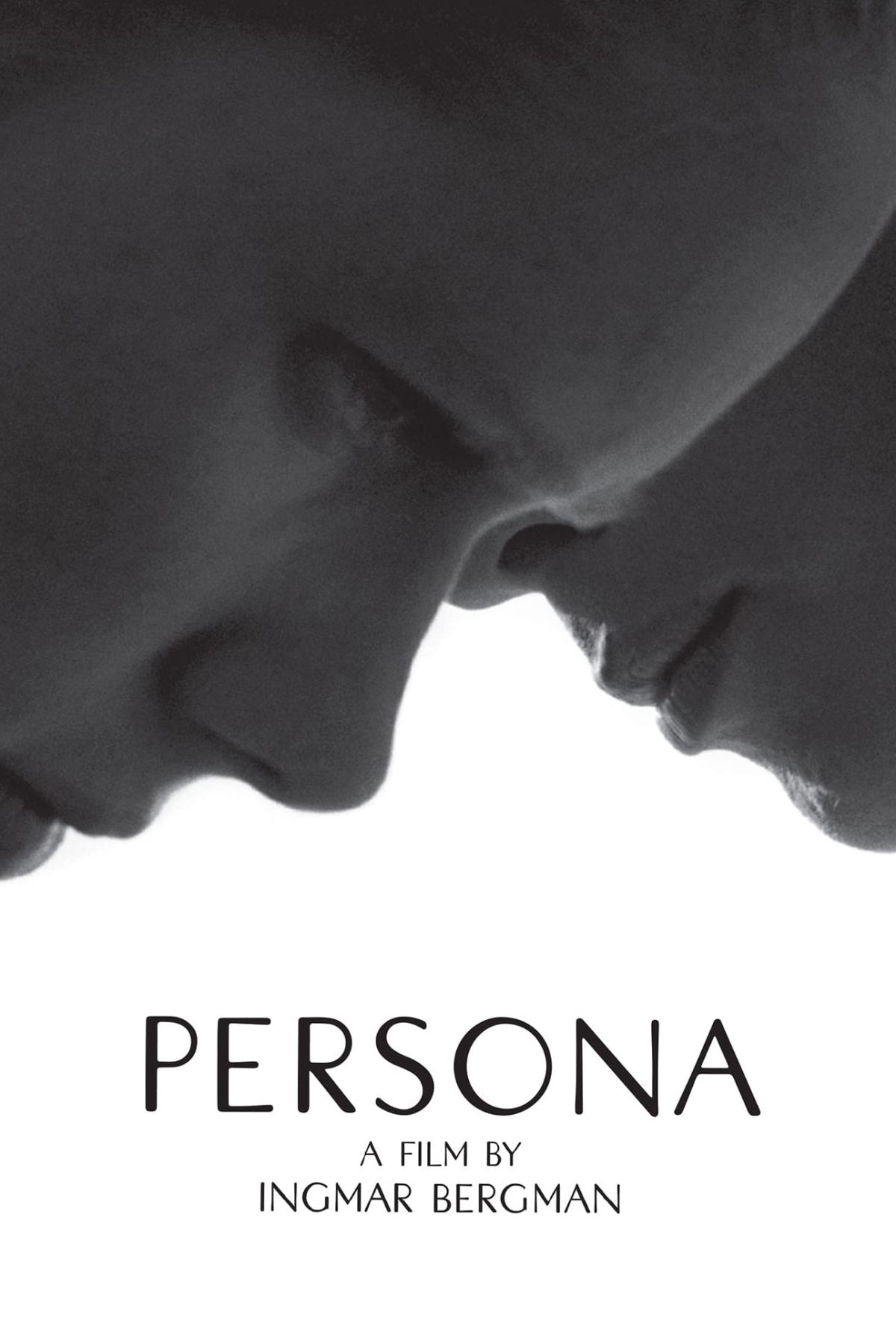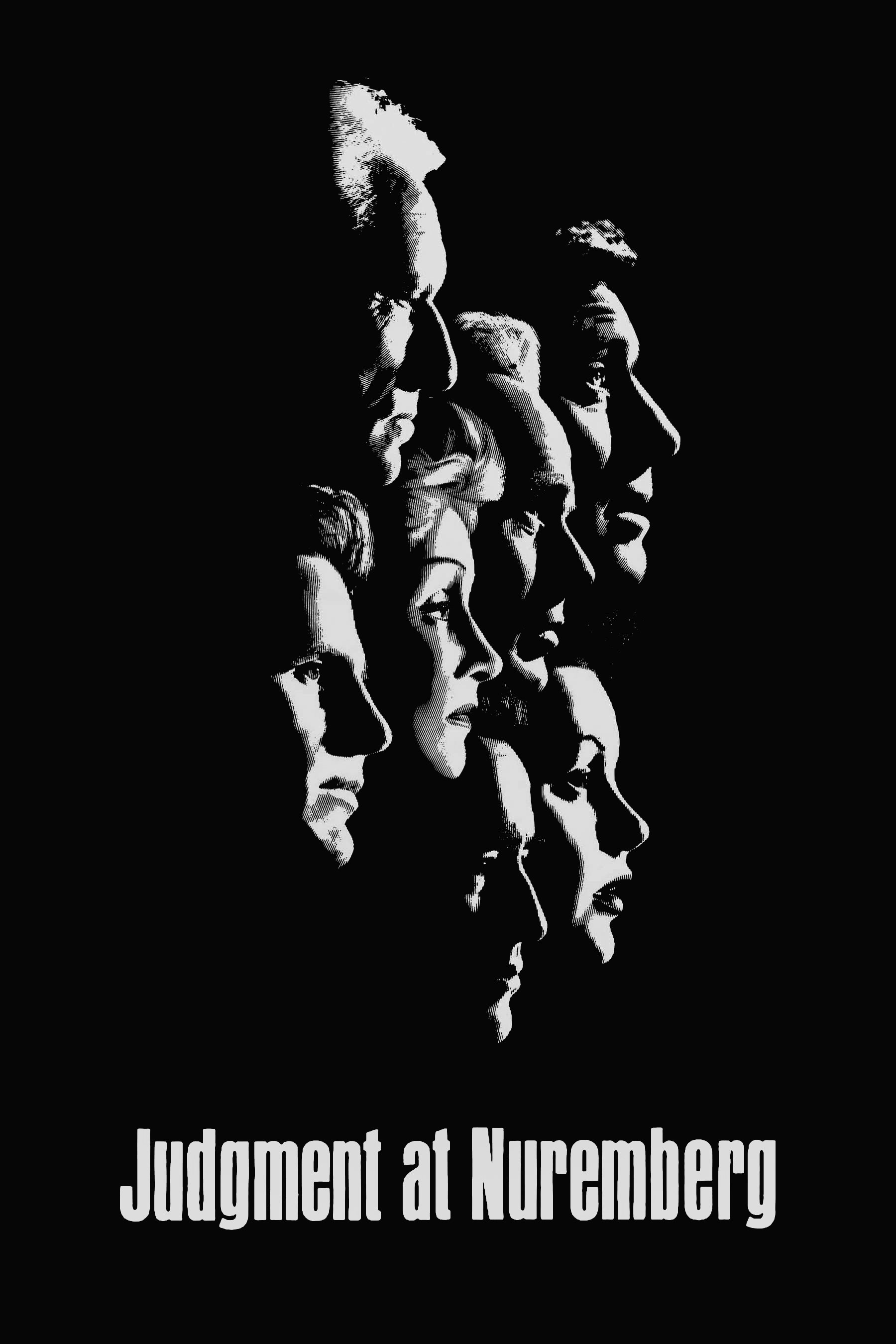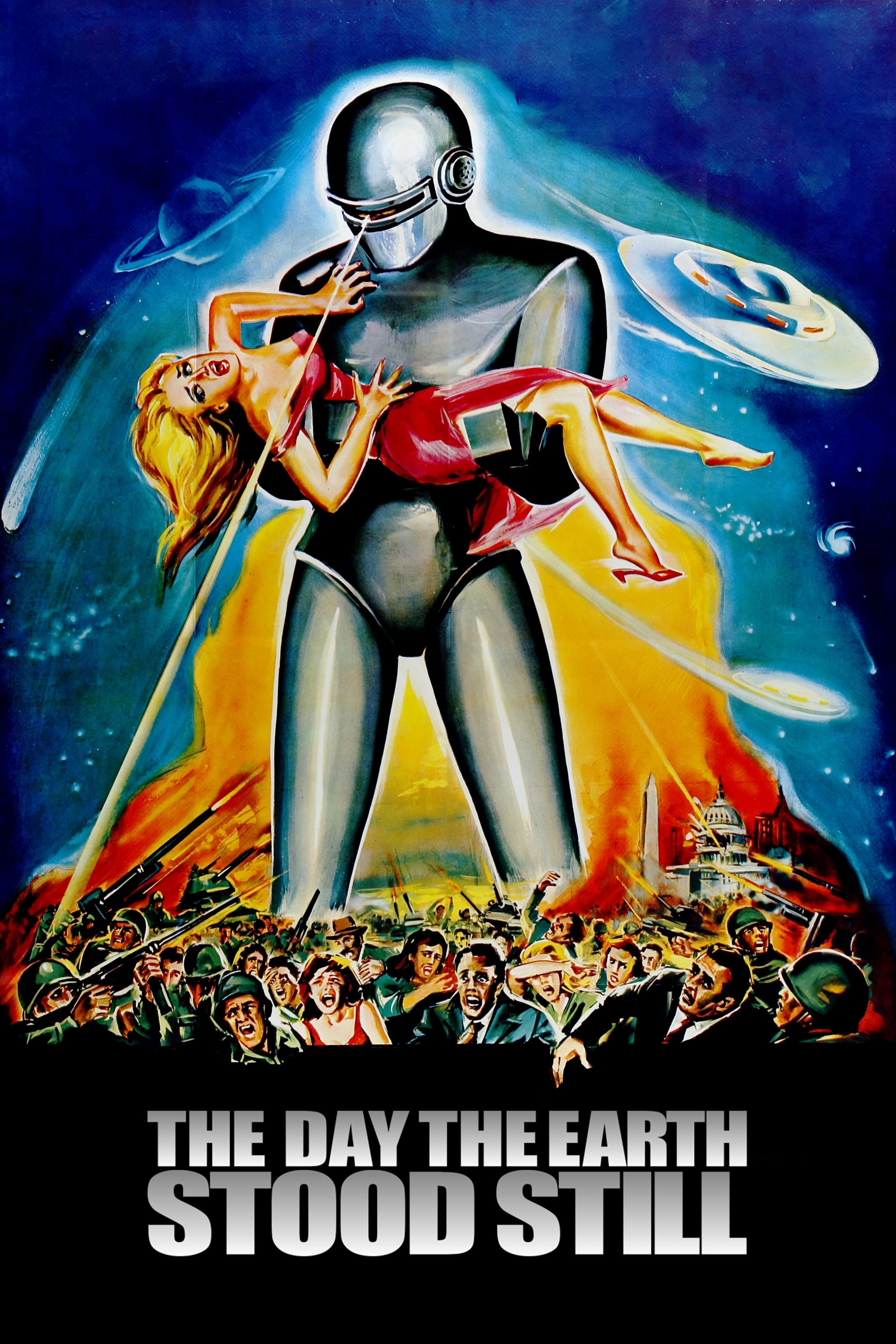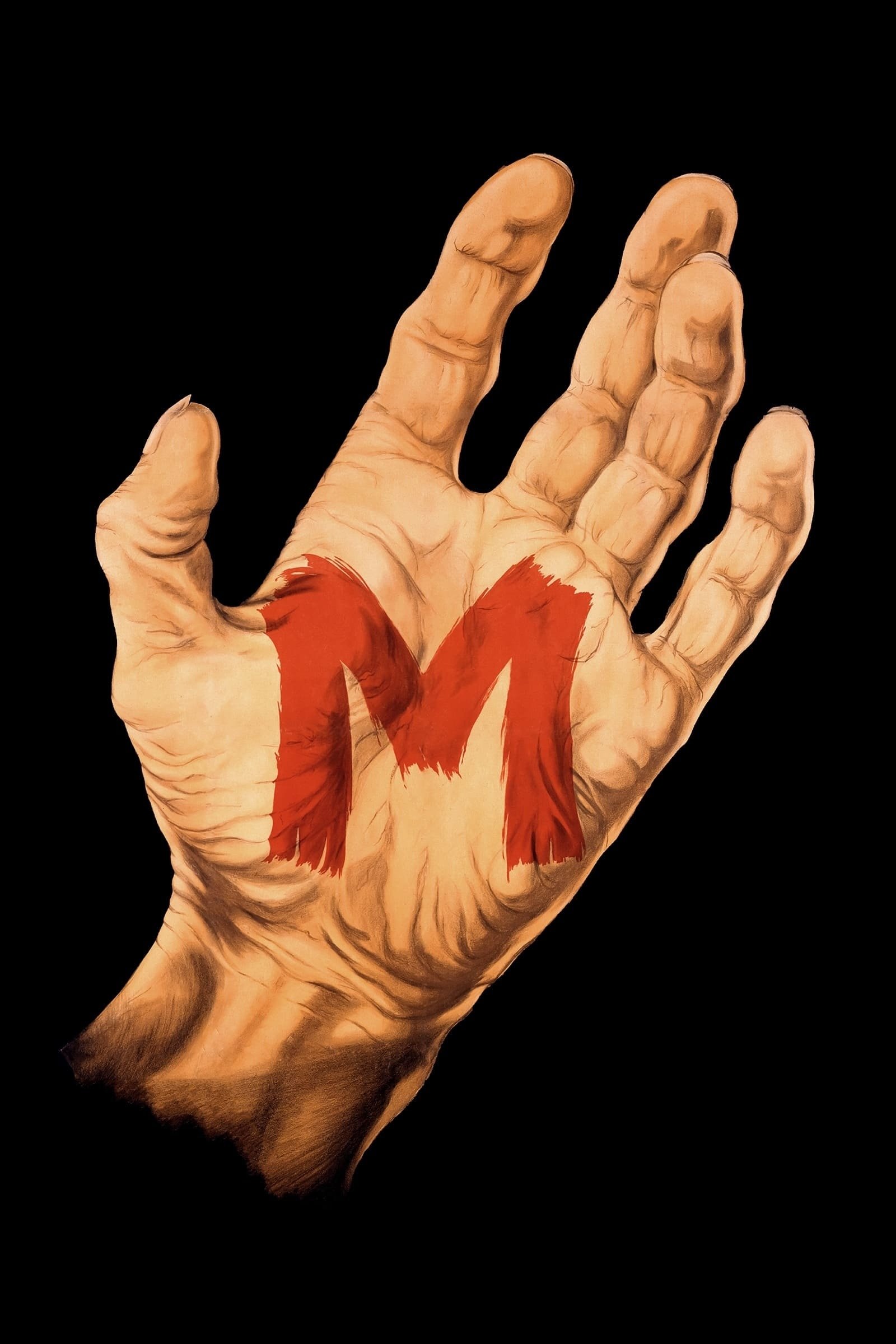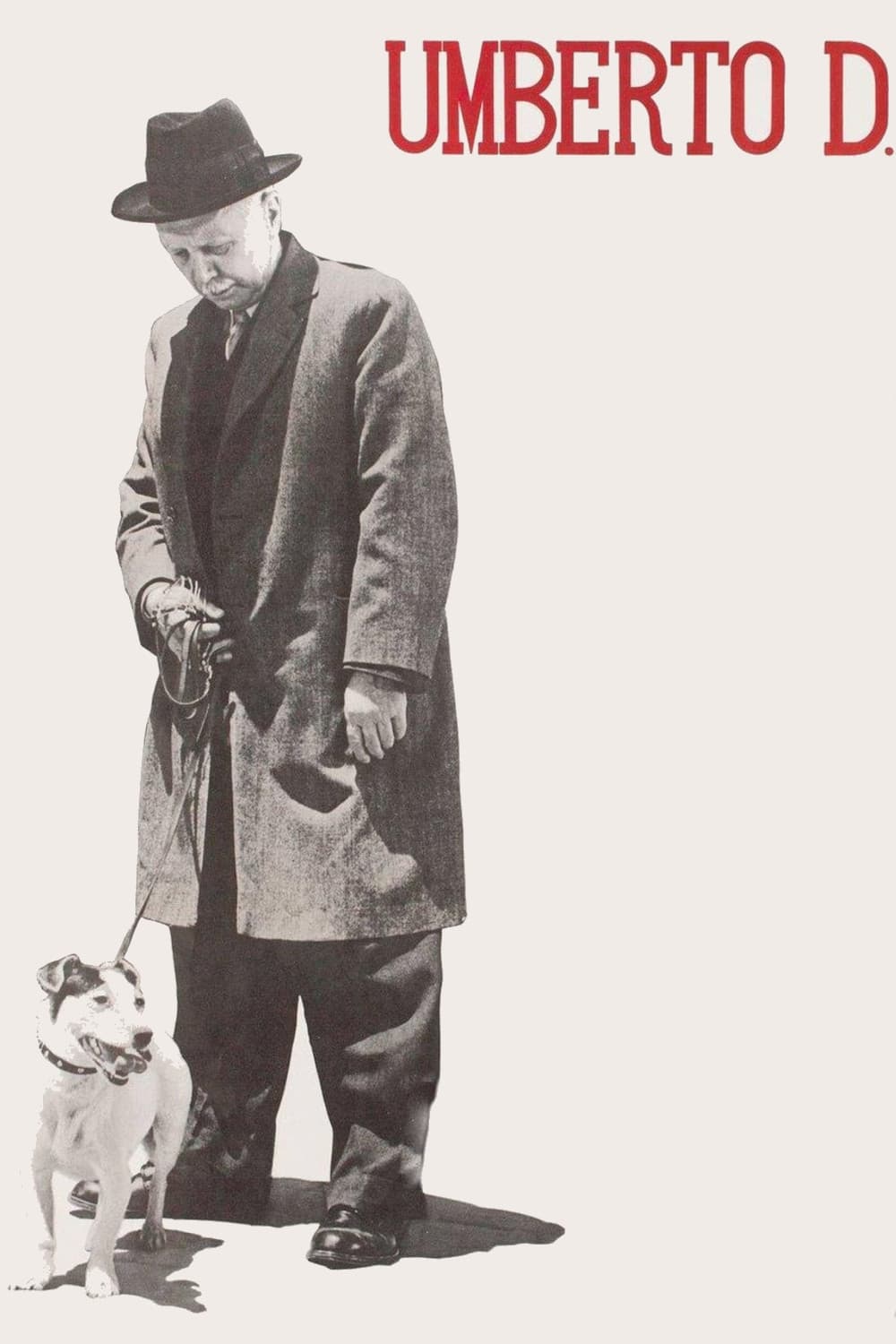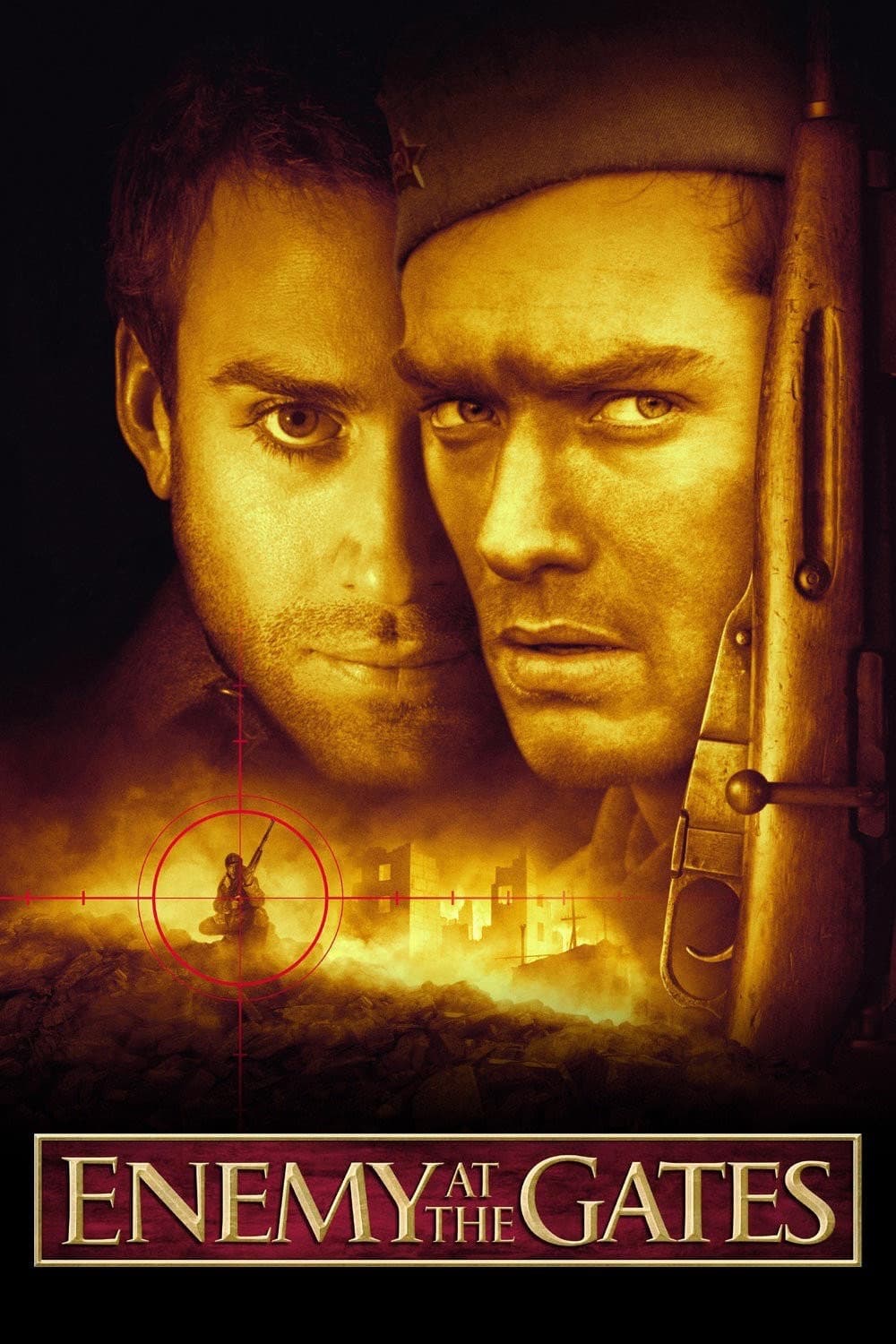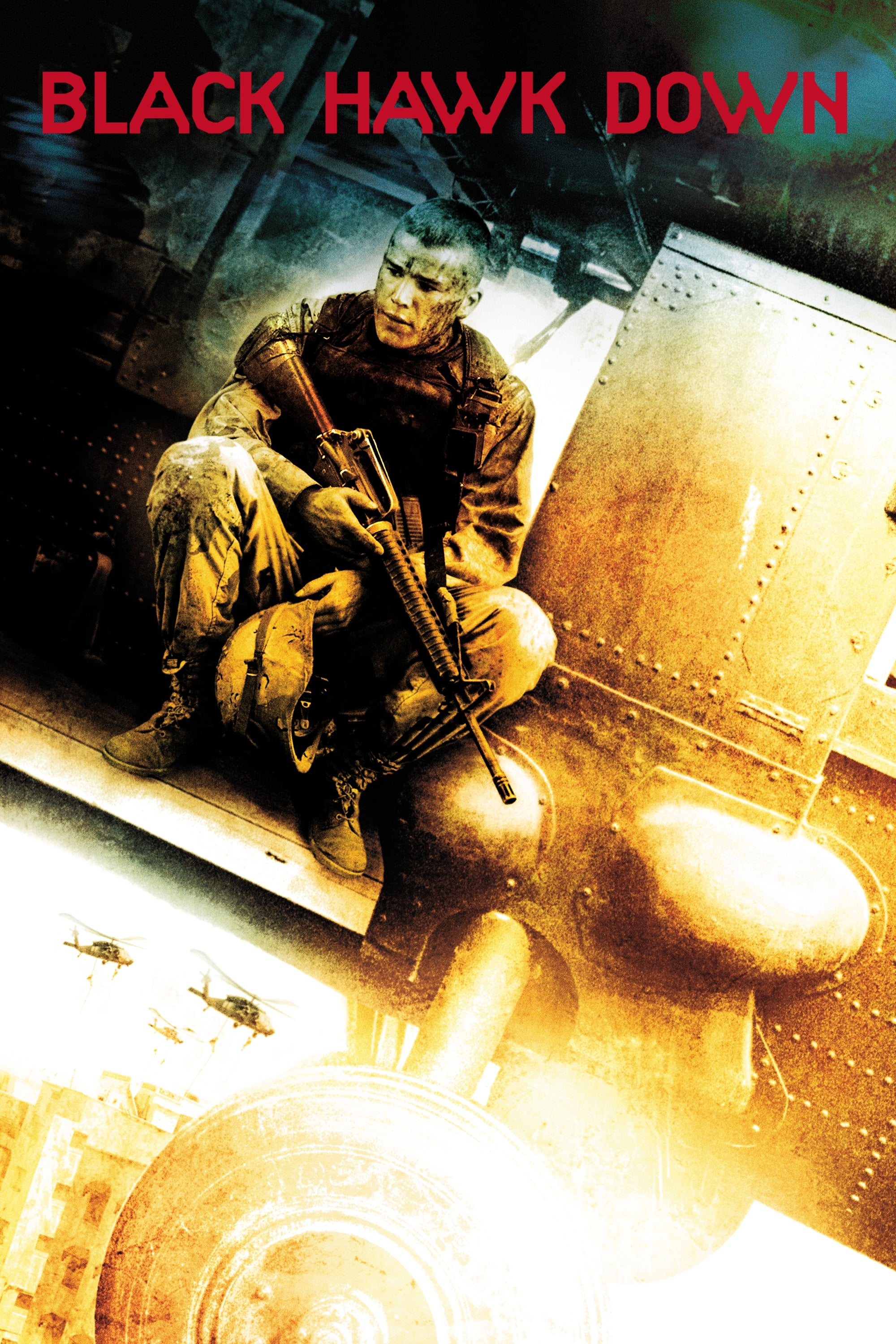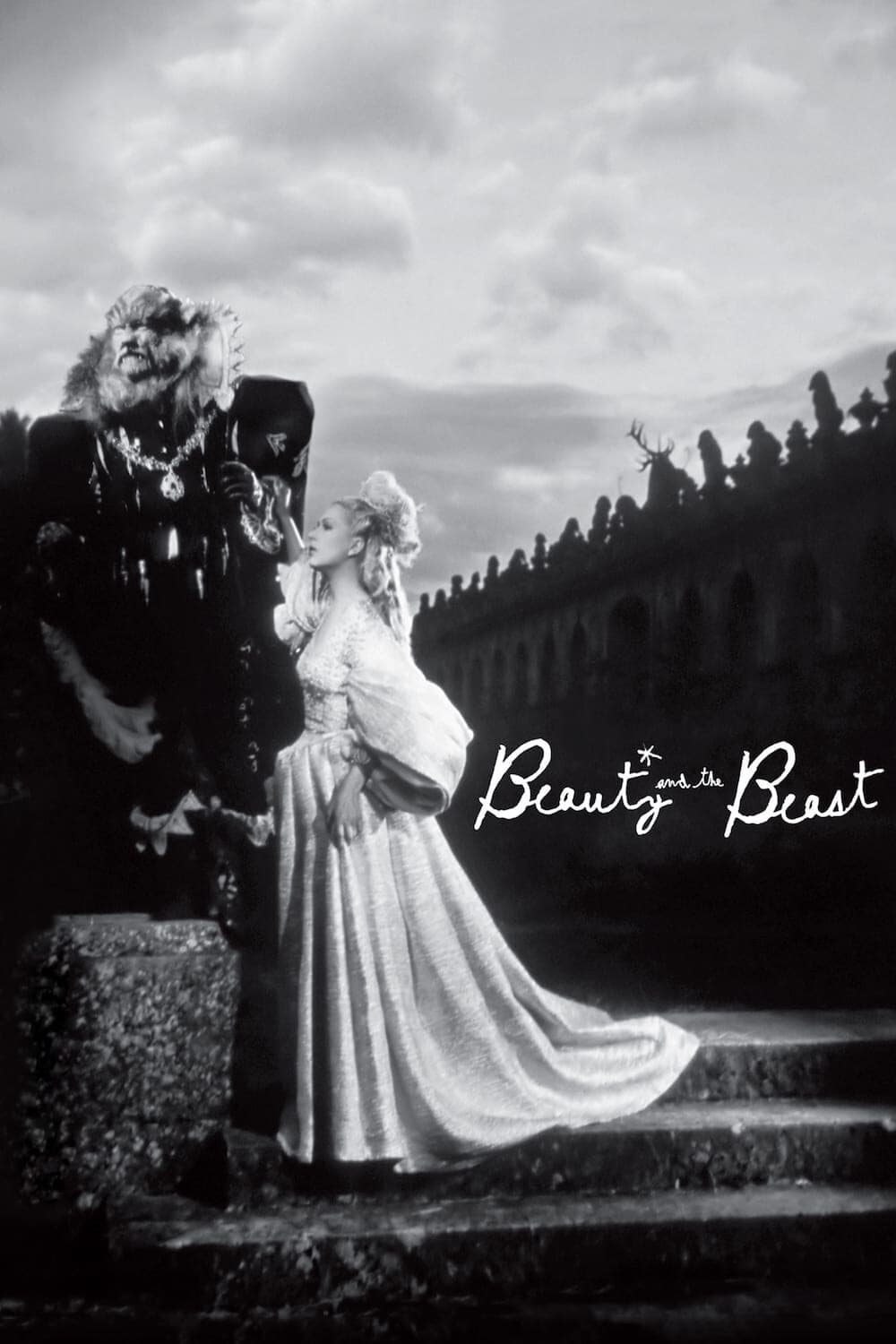Status
Released
original language
English
Budget
$ 7000000
Revenue
$ 54600000
Top Billed Cast
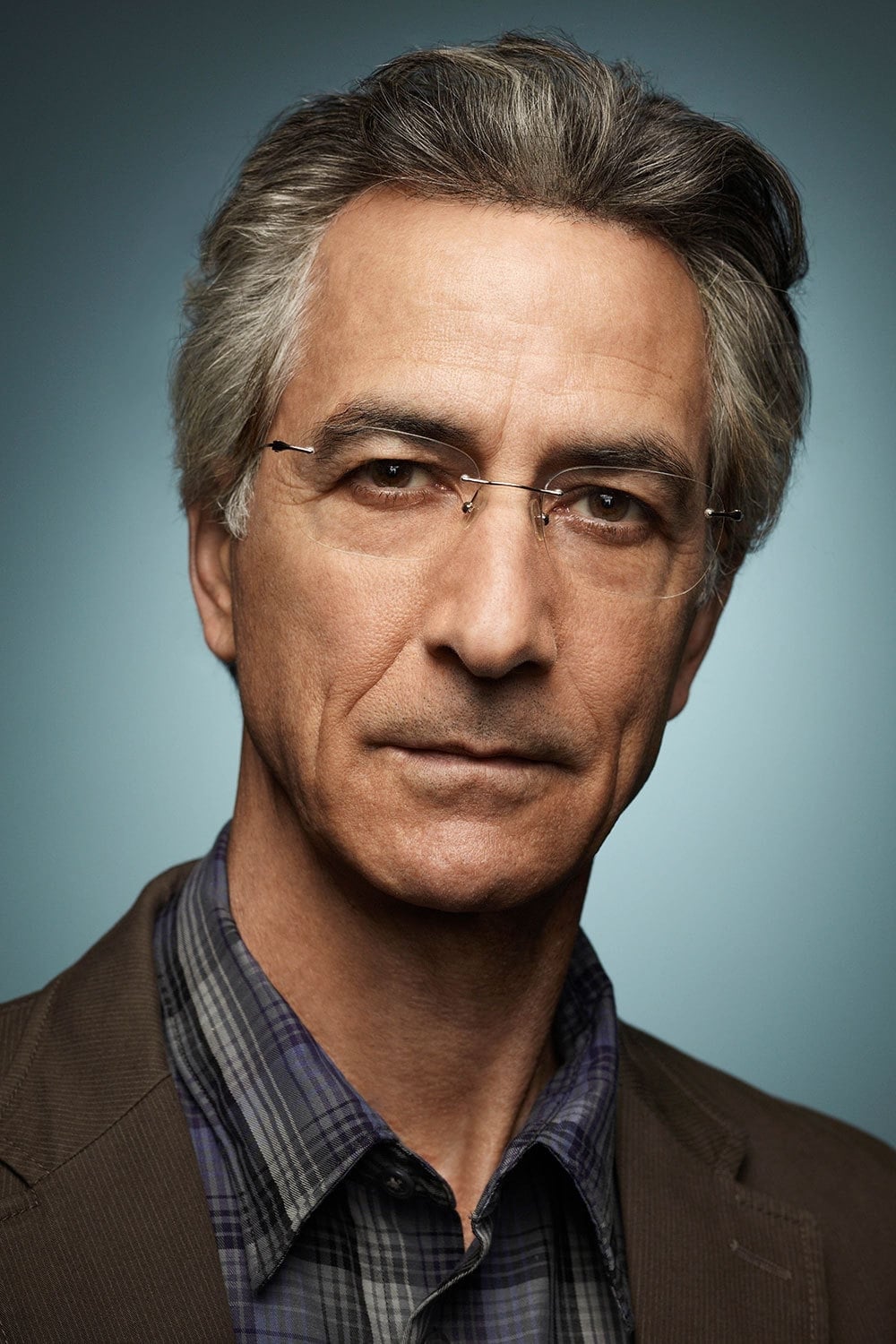
David Strathairn
Edward R. Murrow

Patricia Clarkson
Shirley Wershba

George Clooney
Fred Friendly

Jeff Daniels
Sig Mickelson

Robert Downey Jr.
Joe Wershba

Frank Langella
William Paley
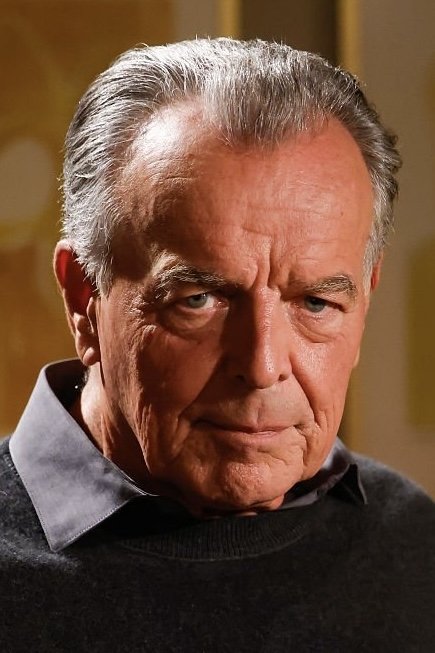
Ray Wise
Don Hollenbeck
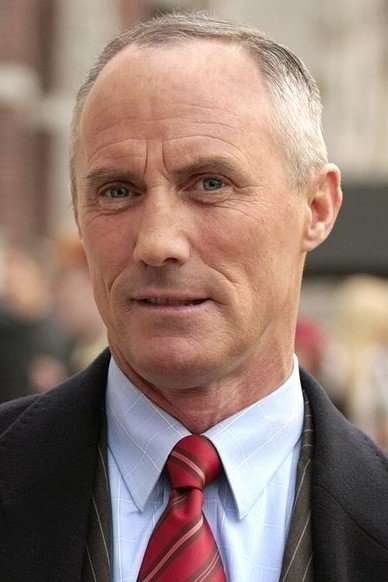
Robert John Burke
Charlie Mack

Reed Diamond
John Aaron
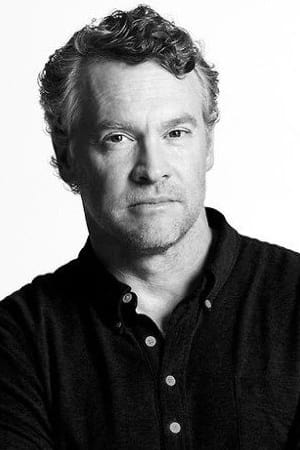
Tate Donovan
Jesse Zousmer
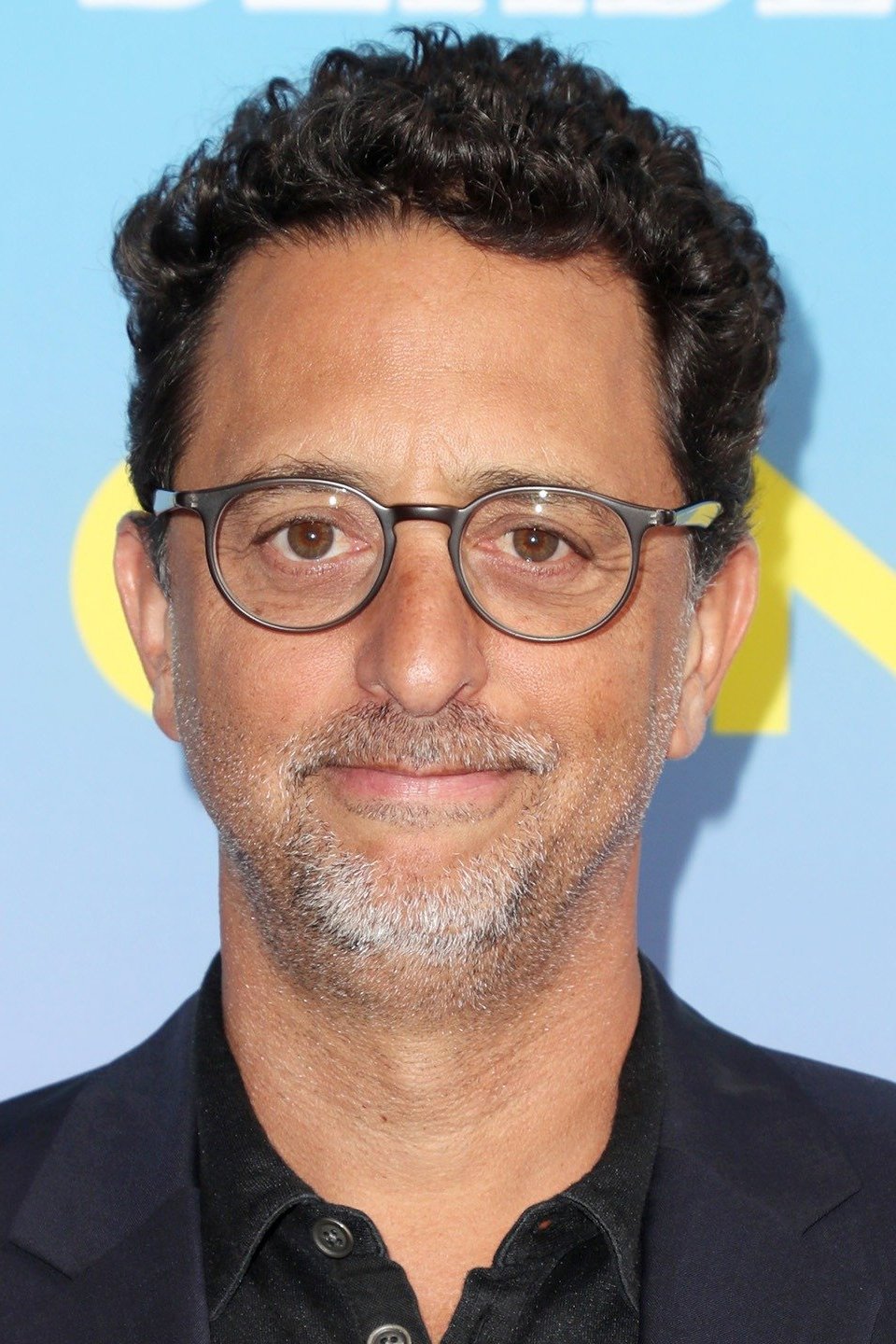
Grant Heslov
Don Hewitt

Tom McCarthy
Palmer Williams

Matt Ross
Eddie Scott

Rose Abdoo
Mili Lerner

Alex Borstein
Natalie
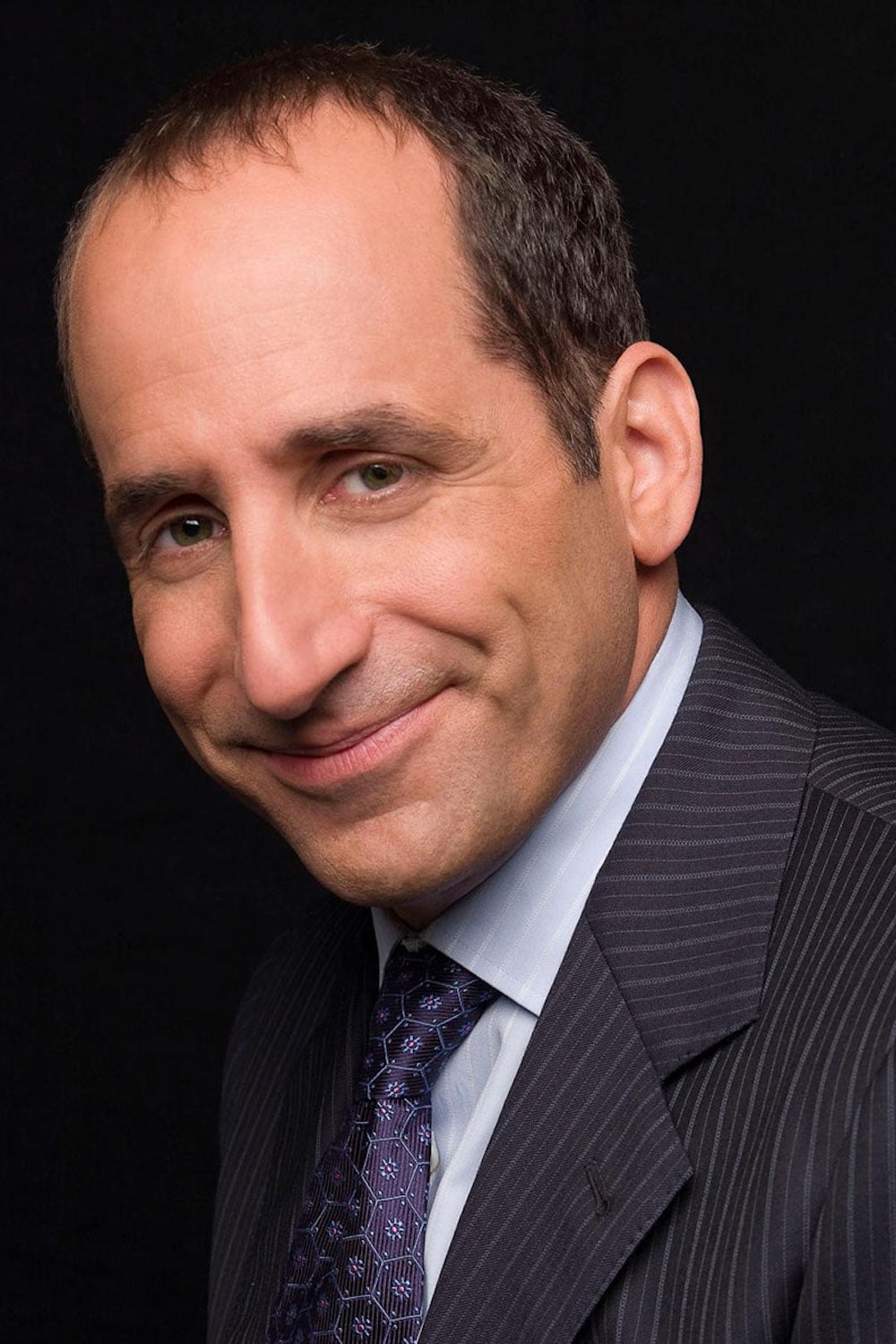
Peter Jacobson
Jimmy

Robert Knepper
Don Surine

Dianne Reeves
Jazz Singer

Peter Martin
Pianist

Christoph Luty
Bassist

Jeff Hamilton
Drummer

Matt Catingub
Saxophonist
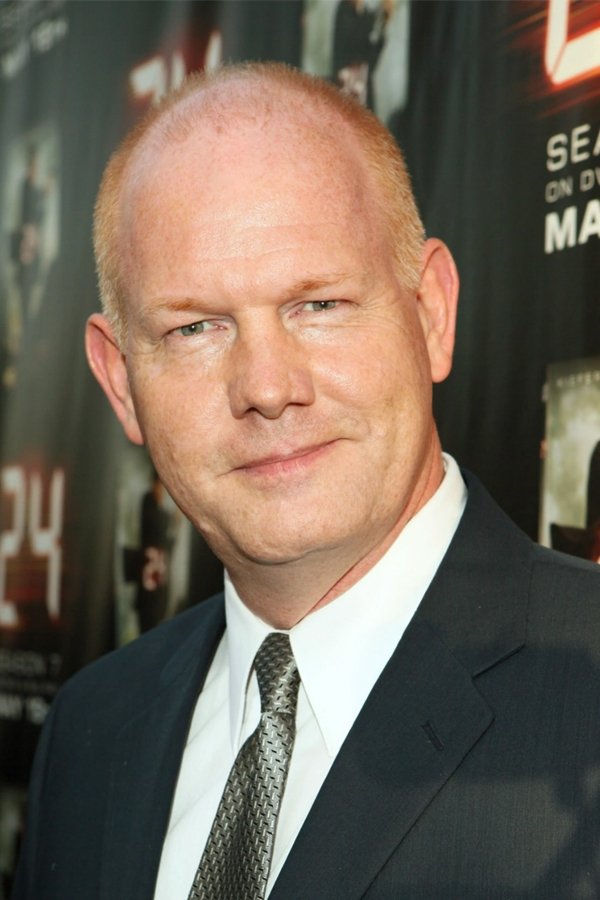
Glenn Morshower
Colonel Anderson

Don Creech
Colonel Jenkins

Helen Slayton-Hughes
Mary

Simon Helberg
CBS Page

JD Cullum
Stage Manager

John Kepley
CBS Lawyer #1

David Paul Christian
CBS Lawyer #2

Joyce Lasley
Make-Up Girl

Bill Blair
TV Studio Crewman (uncredited)

Joseph Dowd
Reporter (uncredited)

Bruna Matsin
Sig Mickelson's Wife (uncredited)

Katharine Phillips Moser
Jesse's Wife (uncredited)

Alexana Thomas
Senator's Wife (uncredited)

Dave Thompson
News Photographer (uncredited)

Rochelle Warner
Speech Wife (uncredited)
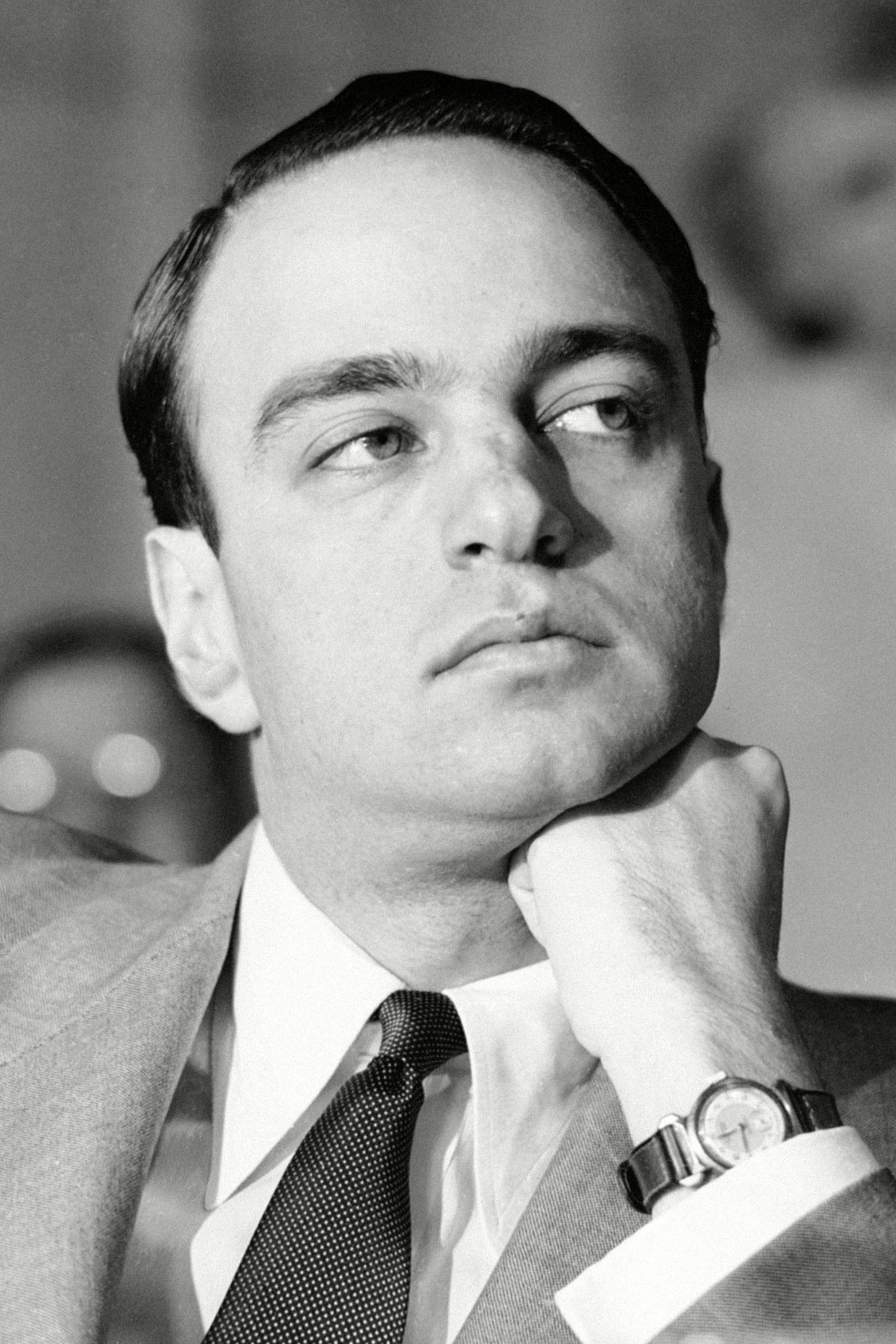
Roy Cohn
Self (archive footage) (uncredited)
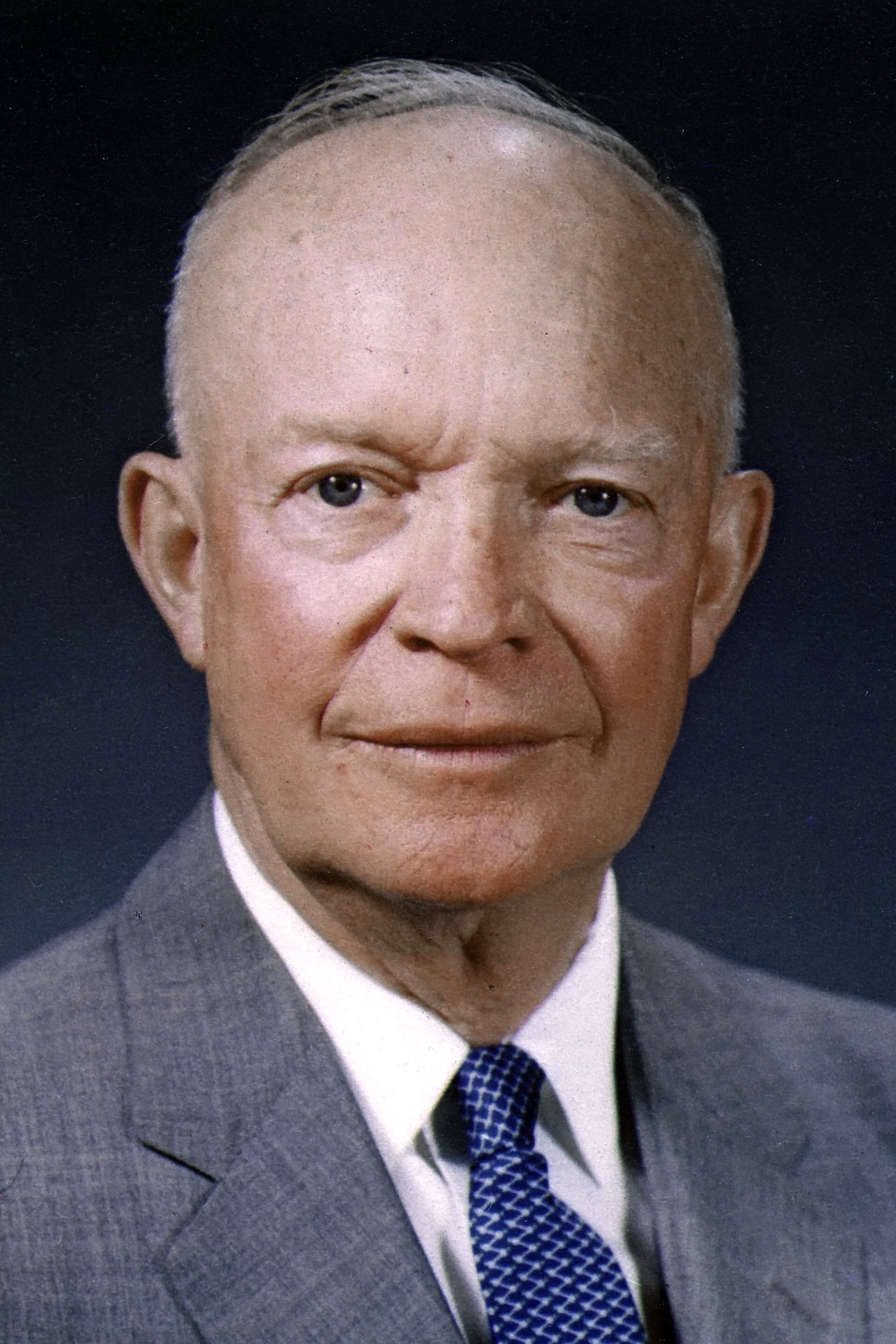
Dwight D. Eisenhower
Self (archive footage) (uncredited)
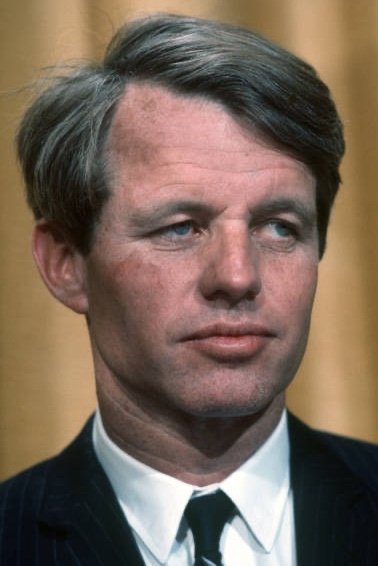
Robert F. Kennedy
Self (archive footage) (uncredited)
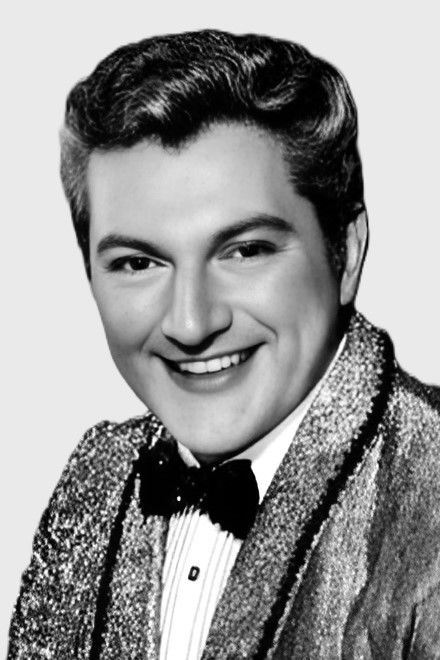
Liberace
Self (archive footage) (uncredited)
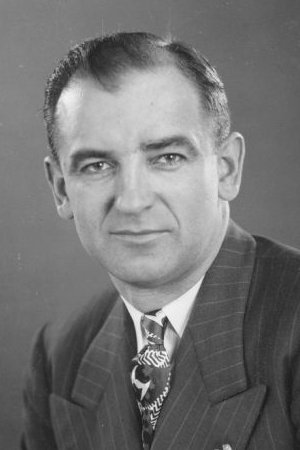
Joseph McCarthy
Self (archive footage) (uncredited)

John L. McClellan
Self (archive footage) (uncredited)

Milo Radulovich
Self (archive footage) (uncredited)

Joseph N. Welch
Self (archive footage) (uncredited)
Movie Reviews

A review by Geronimo1967
Written by Geronimo1967 on 2024-05-08
There's a brief clip at the start of "Sink the Bismarck" (1960) that illustrates the impact of Edward R. Murrow's potent and succinct style of broadcasting that eventually led to him receiving an award from his peers at the beginning of this film. It's his acceptance speech that sets the tone for a retrospective that focuses on his time attempting to stand up for the civil liberties of many American people during the investigations by Senator Joseph McCarthy of Minnesota into the alleged infiltration of just about all aspects of society by communists and their allies. David Strathairn delivers one of his best performances here as the man whose stance earns him plaudits from some quarters, but enmity from others who accuse him of being an appeaser - or worse. Determined, he nevertheless becomes dependant on the good will of his network chief executive (Frank Langella) and stalwart producer Fred Friendly (George Clooney) as he issues a challenge to the politician and risks his career. In many ways these men had similarities of character. The use of archive footage of McCarthy and the pieces-to-camera from Strathairn offers us two contrasting styles, attitudes and sets of beliefs and though clearly the editorial is pro-Murrow, it still allows us to experience and evaluate some of the frenzy that prevailed at the time when the cold war was very much at it's height. Director Clooney uses a documentary style of intense monochrome photography to quite chillingly expose us to the perils of free reporting at a time when swimming agains a tide that would stop at nothing to rubbish it's opponents was no small gamble. It packs lots to think about into ninety minutes and emphasises the still quite dangerous scenarios that dogma coupled with a strong cult of personality can deliver to an unwitting population.
